Is electronic ‘paperwork’ right for your practice?
The healthcare industry is notorious for being disorganized. In fact, one study found that administrative inefficiency in healthcare accounts for at least $265.6 billion of waste every year. While the complexity of providing and paying for care makes it near-impossible to create a perfect system, practices can take steps to help mitigate waste…including transferring to electronic paperwork.
For traditional practices, electronic paperwork has been a game-changer. Reducing administrative burden, improving data storage and streamlining processes, electronic forms save providers countless hours of labor…not to mention costs associated with paying for that labor.
That being said, is electronic paperwork appropriate for less-conventional forms of healthcare?
The needs of practices dealing in psychiatry, counseling, chiropractics, nutrition and more may vary in nature. Can they also benefit from transferring to electronic forms of paperwork?
In this article, we’ll take a look at what electronic paperwork is…why it’s beneficial, and if it might apply to your less-conventional practice.
What is electronic paperwork?
Traditionally, the healthcare industry has used physical paperwork to transfer information such as patient contact information, medical history, prescriptions, symptoms, diagnoses, appointment notes, lab results, insurance information, liability information, and more.
Much of this information must legally be kept strictly private, and typically may only be only shared with appropriately documented patient authorization.
Electronic paperwork, however, transfers and stores information on secure, electronic forms that are filled out digitally.
Electronic health records (EHR or EMR) refers to electronic patient information that is securely stored in and accessed in a system that meets HIPAA requirements. (HIPAA is the Health Insurance Portability and Accountability Act of 1996 in the U.S., with a similar PIPEDA, the Personal Information Protection and Electronic Documents Act, in Canada). These regulations define how to securely and appropriately share a patient’s protected health information or PHI. Not meeting this requirement can carry significant fines and potentially leave a practice open to lawsuits…and, of course, negative reviews.
The benefits of electronic patient records
Shifting to electronic paperwork doesn’t come without challenges. Transferring paper records to electronic records takes an investment of some time and effort. In addition, your staff will have to learn new processes and protocol to properly handle electronic paperwork, which may require a bit of additional training. But the benefits of electronic paperwork far outweigh the cost of time and effort to implement a new system.
As mentioned above, electronic paperwork reduces administrative burden…ultimately saving providers on paying staff for hours they spend on filing and scanning paperwork. According to experts, electronic records also reduce the likelihood of errors or access by unauthorized persons.
Electronic records do more than just reduce waste and error, however. They also help improve communication between providers, making it easier for healthcare practitioners to get a comprehensive view of a patient’s health by accessing a shared record.
Finally, electronic paperwork expedites the retrieval of vital patient information, so providers can quickly pull what they need during any given appointment.
How electronic records can work for you
The benefits of electronic paperwork are potentially countless. But do they apply to you?
The short answer? Yes.
Regardless of what kind of care practice you run, electronic paperwork can benefit you. Here are a few ideas for how integrating electronic records in your practice could be a game-changing strategy.
For behavioral health (counseling, psychology and psychiatry)
Practitioners who offer mental healthcare services have a similar challenge to other medical practices: receiving and potentially communicating critically private patient information.
Electronic paperwork can help by enabling counselors, psychologists and psychiatrists to create custom forms for patients to share information about their personal history, mental health and past trauma. Using an electronic records and practice-management platform also enables patients to privately message their providers…creating an avenue for quick, secure communication.
For chiropractors and physical therapists
Chiropractors and physical therapists have a unique relationship with their clients, as they’re actively and frequently monitoring the mobility, flexibility and musculoskeletal health of a patient.
Health practitioners in this space can create electronic forms customized for their patients’ needs to communicate pain, soreness, immobility and more. Not only that, but patients can easily access (and send) these forms right from their mobile phones.
For personal trainers and life coaches
Personal training and life coaching aren’t typically associated with healthcare, but as you know if you’re a personal trainer or life coach, they are definitely connected to personal care! If you don’t already, sending your new clients an electronic pre-appointment questionnaire gives you valuable intel you can use to better care for your client…and also communicates your commitment to their journey of greater physical or holistic health. Likewise, you may also want to use an electronic system to expedite and organize scheduling and appointments (which we’ll learn about shortly).
For holistic care practitioners and nutritionists
Holistic care practitioners and nutritionists typically want a more comprehensive overview of a patient’s diet, medical history, lifestyle habits, and more. This type of information usually requires quite a bit of time to communicate, and needs more than a few minutes pre-appointment to fill out.
Electronic records can be effectively and securely delivered to patients well before their first appointment with a holistic care provider or nutritionist, giving them plenty of time to thoughtfully and carefully think through what they want to communicate with their providers.
Not only that, but electronic forms can be customized to include detailed questions, charts and infographics involving a patient’s diet, exercise habits and more. For example, a provider may want to include a special chart involving a patient’s daily eating habits. As patients can access this form right on their mobile phones, they may even want to fill out the form gradually…giving a more detailed, accurate picture of what they eat for breakfast, lunch and dinner.
Interested in creating custom intake forms for your private healthcare practice? Download our free guide.
Using an electronic forms platform
intakeQ™ (the solution) is a comprehensive and customizable electronic forms solution that enables you to easily and securely send, deliver, store and receive electronic forms for practices that deliver all kinds of services. You can easily customize these forms with your practice’s custom colors, logo and slogan, broadening your brand identity as you empower patients to complete them on your secure patient portal.
But intakeQ the company offers you more than “merely” electronic forms.
Combined with our integrated practiceQ™ practice-management solution, intakeQ provides such capabilities as:
- Text messaging appointment reminders: Remind your patients about upcoming appointments with fast, convenient and secure SMS text messages, cutting down on your practice’s administrative need.
- Patient portals: These provide each patient with access to a personalized portal where they can check their personal information, appointment notes, recommendations, prescriptions, and more. Plus, they can use their portal to privately message providers, creating a safe, secure connection to ask and answer questions regarding symptoms, recommendations, medication usage and more.
- Online booking widget: Online booking enables patients to conveniently book or cancel appointments online. Again, this feature significantly cuts down on hours of labor (and potentially can help you reduce the number of your administrative staff).
- Patient surveys: Send your patients detailed surveys on what could be improved at your healthcare practice, what they enjoy, and how likely they would be to recommend your practice to a friend. Use these insights to make improvements, expand your marketing reach, and build stronger, lasting patient relationships.
If you’d like to create a more customized, streamlined experience for your patients while decreasing administrative burdens, errors and cost, get a free 14-day trial of intakeQ’s online forms and integrated practiceQ solution. No credit card is required!

